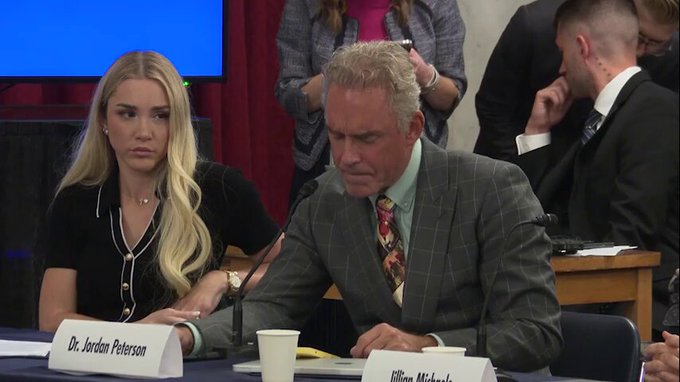A recent comprehensive study involving over two million fully vaccinated individuals has highlighted a concerning trend: Covid-19 mRNA vaccines may trigger the reactivation of dormant viruses and diseases within the vaccinated population.
The study, published in the esteemed Journal of the European Academy of Dermatology and Venereology, observed a significant increase in vaccine-induced viral reactivation, particularly amoung herpes viruses. For instance, the incidence of Herpes Zoster virus (HZ), commonly known as shingles, saw a notable surge among the vaccinated cohort.
The study indicated a decrease in immunity mediated by T-cells among individuals who had received the full vaccination, resulting in the reemergence of viruses and illnesses that had previously been under control. The research specifically noted the resurgence of HZ as a rare adverse reaction to Covid-19 vaccines, suggesting that the phenomenon may be attributed to a temporary weakening of the body’s immune response to viruses.
Furthermore, a meta-analysis echoed these findings, revealing a heightened risk of Herpes Zoster virus reactivation and other herpes family viruses following Covid-19 vaccination. The analysis reported rates of VZV and and HSV reactivation per 1000 vaccinations, underlining the concerning trend of viral reactivation associated with the vaccines.
Additionally, there’s substantial research linking herpes viruses to various autoimmune and chronic inflammatory conditions. Studies suggest a potential causal link between herpesvirus infection and the development of autoimmune disorders like multiple sclerosis, shedding light on the significance of these viruses in disease pathogenesis.
This recent research brings attention to the interesting fact that countries with various approaches to controlling Covid-19 have different impacts. It shows that countries following a ‘zero-Covid’ policy with strict lockdowns and mandatory vaccination actually have lower levels of immunity against the virus. On the other hand, nations like Russia, Singapore, and Brazil, which did not implement strict lockdown measures, are estimated to have higher levels of immunity, as indicated by research conducted by The Institute of Health Metrics and Evaluation (IHME) at the University of Washington’s School of Medicine.
This body of research serves as a critical reminder of the complexities surrounding vaccine-induced responses and the need for further investigation into their long-term implications on immune function and disease resurgence.











Yes, that is interesting, how about this to add to the comprehensive study
https://presscore.ca/herpes-virus-orf10-protein-encoded-in-patented-sars-cov-2-and-in-pfizer-biontech-and-moderna-covid-19-mrna-vaccines-to-intentionally-cause-covid-19-infections-and-transmission/
Here is something to add, what many people already knew and know:
https://presscore.ca/pfizer-biontech-and-moderna-covid-19-mrna-vaccines-are-biohazards-can-cause-major-diseases/
hence the term “bio-weapon” “bio-terrorism” “genocide” “acts of aggression” “illegal acts of war” “enemies foreign and domestic” “enemy weapon systems” “treason” “high treason” “extinction level event”
as in walking talking bio-hazards even worse if dealing with narcissists and related spike protein, as the saying goes, govern yourself accordingly
beyond tragic, no comment is a comment, personally, an ice age, cataclysmic events, return of dinosaurs, and ufo’s would be a much better world, right?
there is a lot more, certainly no need to overload and overwhelm anyone with truth, facts, death count and jab related injuries, or even the 5G weapon systems deployed in a neighbourhood near you, or beaming down from space, with the illegal weaponization of space.
Certainly the plan of salvation must have some good news, right? Hmmm